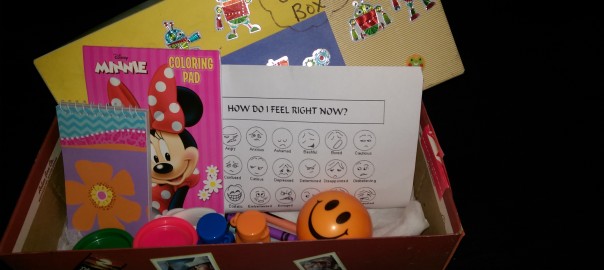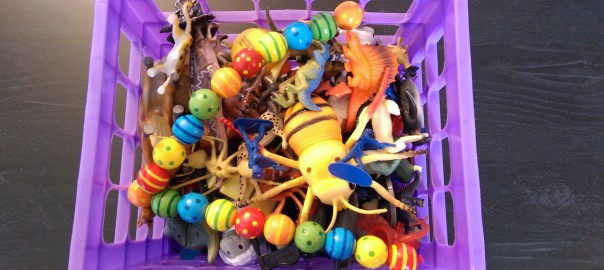In previous posts, I have written about helping children build their feelings vocabulary and express their emotions. Today, I address coping strategies for children and teens. The coping strategies that we find effective as adults may not be as helpful for children or teens.
What is a coping strategy?
A coping strategy is any strategy that helps us tolerate intense emotion, stressful situations or conflict The types of coping strategies we utilize can be healthy or unhealthy (think overeating, excess drinking and more). It is important to help children develop a foundation of utilizing healthy coping strategies when they are young.
Coping strategies are not one size fits all. The type of strategies that may be effective and acceptable vary based on the child’s needs, the family’s expectations, the setting, the type of emotion being experienced, the intensity of the emotion and available resources. Continue reading Effective Coping Strategies for Children & Teens






